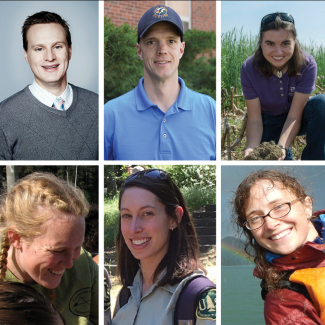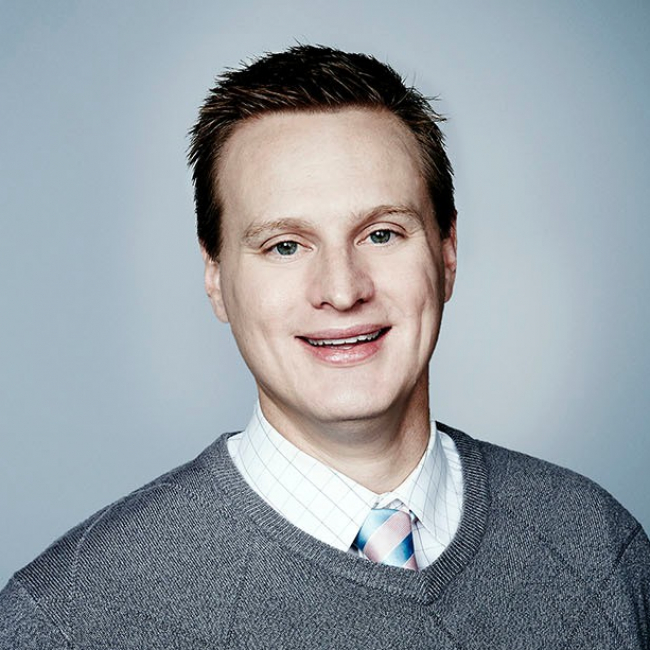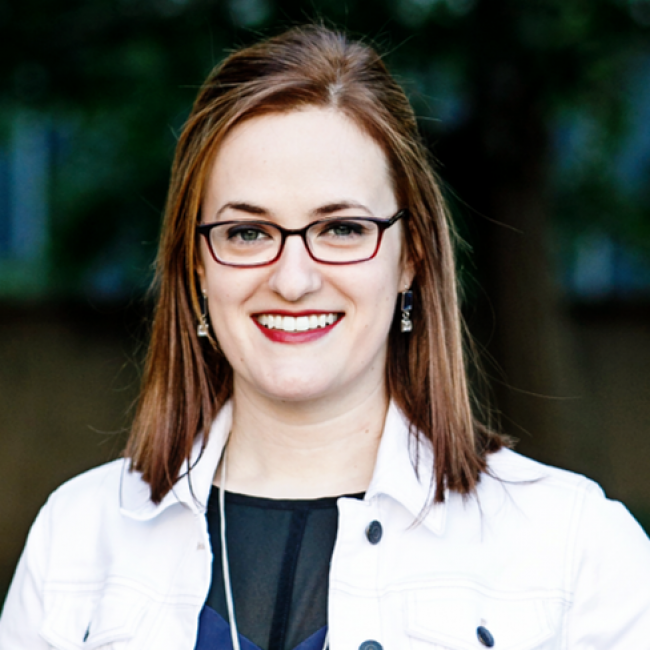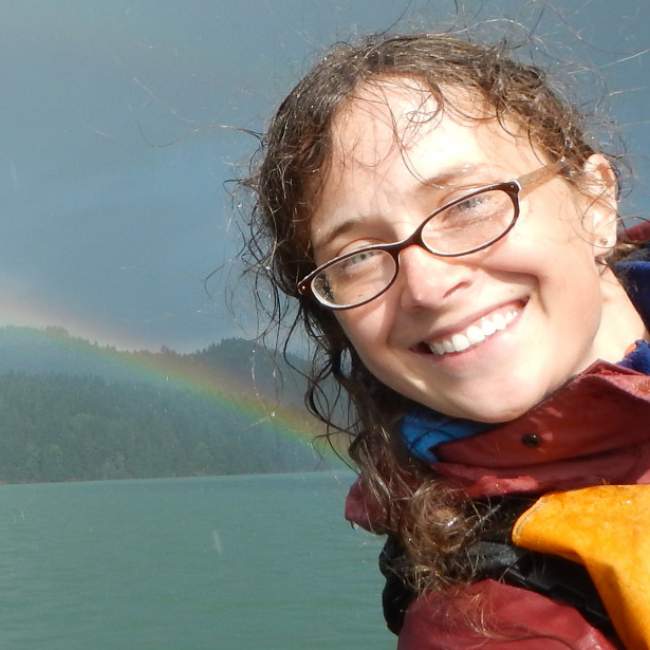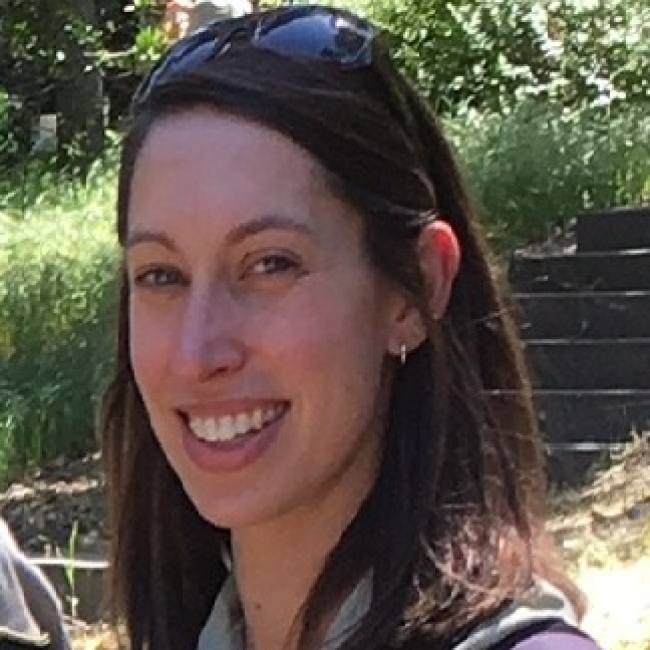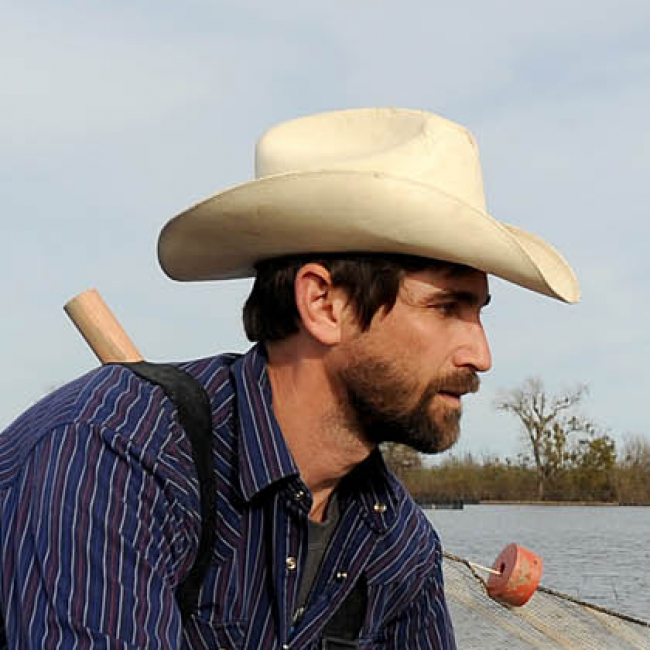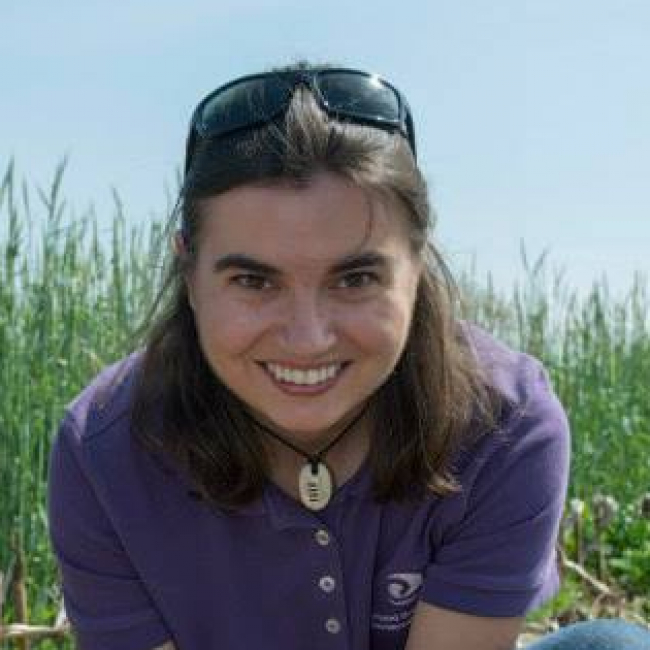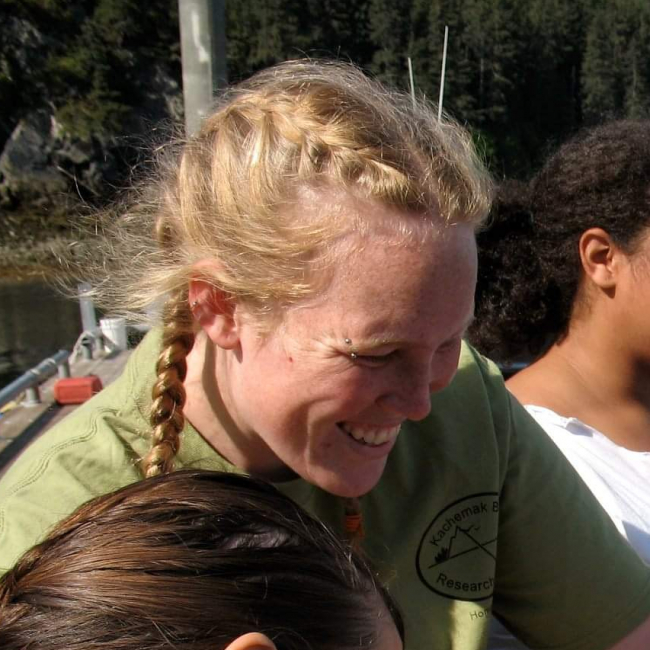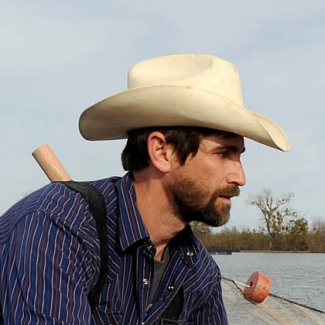
Jacob Katz, Ph.D.
The facts
Hollings internship office and topic
Northwest Fisheries Science Center studying Pacific salmon species management
Education
- B.S. in biology from Sonoma State University
- Ph.D. in ecology from University of California Davis Center for Watershed Sciences
Current career
Senior Scientist at California Trout
Be bold. Have the confidence to know that the ideas that you bring forth are worthwhile ... and you will persevere in bringing the next generation of scientific understanding to light.
What was your career path?
Prior to the Hollings Scholarship, I spent 10 years in Alaska working as a river and fishing guide. I then attended Sonoma State University’s undergraduate biology program and graduated in 2006. In 2015, I earned my Ph.D. from the University of California Davis Center for Watershed Sciences. I now work as a Senior Scientist at California Trout, a conservation nonprofit.
How did Hollings impact your career path?
Hollings was a really important boost in my career, and I appreciated the support and network that came from it. I also got insight into how regulatory functions and science work together. The scholarship helped congeal a path that I was still tentative about at the time — it became clear to me that rivers and fisheries was something I wanted to do and there was room to do it, and even a need to do it. Having spent a decade messing around on wild Alaskan rivers and because I was a little older than most Hollings scholars, I had formed some ideas about how I thought rivers worked. Seeing unaltered watersheds in Alaska with their incredible abundance and then realizing that the Pacific Coast used to be similar helped me to think about what had changed between then and now. The Hollings Scholarship helped me set these ideas into a more professional setting which propelled me into graduate school and ultimately helped shape my career.
Do you still use skills learned during your internship or other aspects of your Hollings experience today?
Absolutely! During the scholarship I worked with the idea that a more holistic approach to restoration was needed. I was able to translate those ideas into my graduate work and then at CalTrout onto increasingly bigger stages. And all that happened with the partnership, support, and guidance, and ultimately, collaboration of the folks that mentored me at NOAA Fisheries. They are still today great friends and mentors and now we collaborate on river restoration.
What advice do you have for current and future Hollings scholars?
Be bold. Have the confidence to know that the ideas that you bring forth are worthwhile. They might not be met enthusiastically at the beginning, but be persistent. And remember that when you hit inevitable academic stumbling blocks or seeming indifference to your ideas, that you have peers and mentors who believe in you, and validate your work. So be bold, be persistent and you will persevere in bringing the next generation of scientific understanding to light.
What was your favorite or most memorable moment from your Hollings experience?
The student symposium in Silver Spring, Maryland. Meeting people from around the country who weren't necessary like me. They were studying different things from Hawaiʻi to Chesapeake to the deep south. We had a wonderful bonding and mutually supportive experience. I remember the feeling that I was part of a generation that was going to enhance and bring a whole different set of outcomes to environmental conservation. That feeling has buoyed me through a lot of work — knowing I was part of a generation of folks making a difference. It has been deeply reassuring, in a world full of change.


